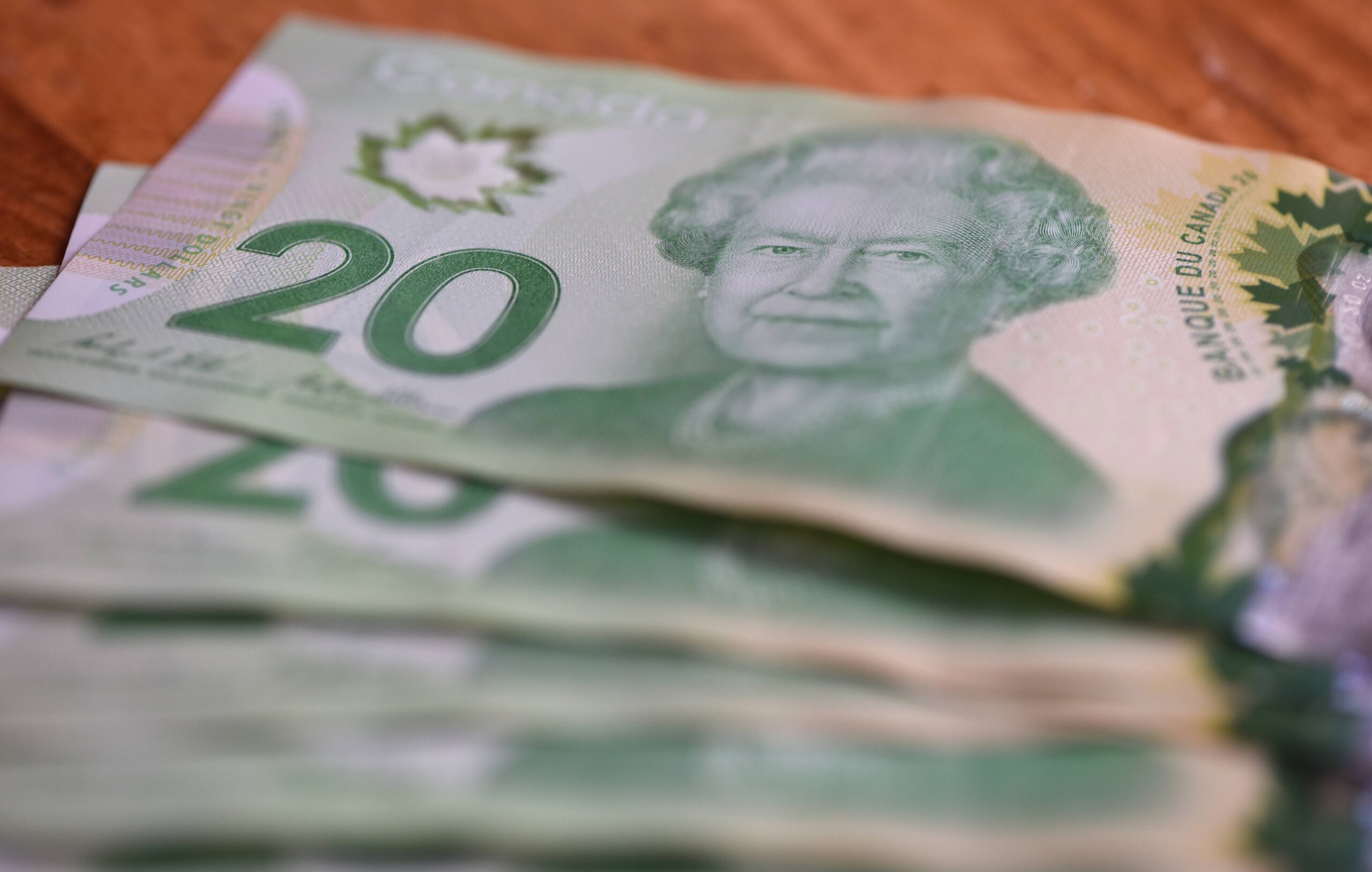Everyone from the media to academics to self-appointed Twitter pundits are quick to point out the economic disparities between LGBTQ2S+ people and cisgender heterosexual people in Canada. Now, there’s a new report with data to prove it.
This month, the non-profit Social Research and Demonstration Corporation (SRDC) released a new report looking into the income inequalities faced by queer people in Canada, using data collected from large-scale population surveys over 14 years.
The results are striking.
The report, shows that on average, LGB Canadians earn dramatically less compared to heterosexual men.
Heterosexual men were found to earn the most on average ($55,959), followed by gay men ($50,822), lesbians ($44,740), bisexual men ($31,776) and bisexual women ($25,290).
“These findings, given the context of the high-quality income data used, offer further evidence of the ongoing wage disparities faced by sexual minorities in Canada, and in particular, by individuals who self-identify as bisexual,” the report’s authors conclude.
But the report, the result of Phase 2 of an ongoing larger research project, touches on a lot more than average income. Here’s what you need to know.
Disparities exist in other areas, too
Researchers also looked at employment, health and social factors, and similar trends exist across the board.
Compared with heterosexual men, queer people are less likely to be employed and work full time; lesbians, gay men and bisexual men and women are more likely to experience mental health challenges and food insecurity.
Researchers also sought to describe why queer people make so much more less than their straight counterparts: they found that a complex intersection of industry, demographics, mental health and labour supply seems to play a role.
There are fewer queer people in high-paying jobs, like management positions, and queer people (except lesbians—more on that later) on average work fewer hours than their straight counterparts.
Researchers also concluded that mental health plays a huge role in why queer people on average make less money—and, they argue, that shows a strong need for policy that targets both mental health and socioeconomic issues.
Disparity within the queer community
While queer people on the whole face greater economic instability and make less money than straight men, the contrast is starkest for bisexual men and women, who experienced the poorest outcomes when it came to income, food security, mental health and other factors.
“This supports the notion that bisexual individuals face distinct barriers when it comes to attaining positive economic, health and social outcomes compared to their monosexual counterparts,” the report reads.
And while bisexual women and men as well as gay men all make less than their straight counterparts, lesbians actually make more money on average than straight women.
“The lesbian women’s earnings ‘advantage’ in comparison to heterosexual women was driven by differences in demographics, parent status, hours worked, occupation and mental health,” the report reads. For example, lesbians have a better tendency to share domestic duties.
Researchers argue that this is all further proof we can’t treat the queer community as a monolith—individual identity groups face their own individual challenges.
The report comes with a big asterisk, though: it only includes the LGB of LGBTQ2S+. Its authors acknowledge that there simply isn’t enough data to look into how trans, non-binary and other gender-diverse folks are affected, but that research is vital if we want to actually start addressing these problems.
Rippling effects
Looking at the economic hardships of the past two years amid the COVID-19 pandemic, these results tell an even bigger story. The report notes that LGBTQ2S+ people are more likely to experience employment loss—something many faced during the pandemic.
Gay-owned businesses stared down disaster when the pandemic broke out, and were some of the hardest hit by economic hardship. A recent survey from the Canadian Gay and Lesbian Chamber of Commerce (CGLCC) and the accounting and consulting firm Deloitte found that about 40 percent of Canada’s LGBTQ2S+-owned businesses are in accommodation and food services or retail. A year later, many queer workers and businesses are still struggling to get back on their feet.


 Why you can trust Xtra
Why you can trust Xtra


